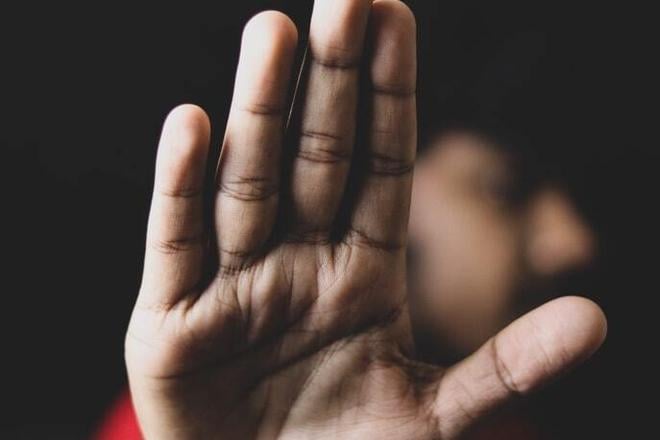Nine out of ten people in Slovakia believe that sex without explicit prior consent should be considered sexual assault; the same percentage considers it a crime. The opinion is shared by respondents regardless of whether they label themselves liberal and conservatives.
So much stems from the survey that Amnesty International Slovensko conducted on a sample of 1,004 respondents ages 18 to 65. They were asked about their perception of a healthy intimate life.
Amnesty International Slovensko head Rado Sloboda sees the results as a good sign, but notes that it needs to be translated into positive changes in both laws and life.
"We should not underestimte the fact that public opinion changes in time, but what does not change is the need to make the protection of human rights of sexual violence and rape survivors a societal, as well as political priority," Sloboda said.
Acts tied to sexual assaults, harassment and rape are mostly swept under the carpet despite being a serious attack on bodily autonomy, one’s boundaries, the mental and physical health of the survivor, their dignity and a right to life, the survey shows as reported by Amnesty International Slovensko.
Most attacks are never investigated by the police, for the legislature’s hefty definition and fear of embarrassment or further damage to the victims and survivors, the organisation noted.
Strict definitions pose a disadvantage
In Slovakia, the problem with sexual violence has been linked to the difficulty of classifying what constitutes rape, said Barbora Burajová, manager at the Coordinating Methodological Centre for Gender-Based and Domestic Violence.
"By law, rape is an act in which the victim actively resists throughout the duration of the assault either through physical or vocal resistance (calls for help, screaming)," she noted. Otherwise, the victim must be able to prove that they were unable to resist, for instance that they were unconscious when the assault occurred.
Burajová adds that these requirements do not reflect the reality of most attacks. Victims are often unable to resist or react appropriately due to the stressful nature of the situation.
The Justice Ministry is in agreement with the NGOs on this. “Sexual intercourse should be consensual under all circumstances,” Justice Ministry argued in the reasoning of its amendment to the Penal Code, which proposed broadening the definition of sexual violence.
The disadvantages and lengthy process complicates reporting acts of sexual violence. Amnesty International’s survey showed that 85 percent of respondents believe that acts of sexual violence are reported less than they really happen.
Sex education would help
Broadening the definition could ease the strict boundaries. “Different forms of violence in society are not considered an act of violence despite them being so. For comfort or fear, maybe unknowingly, we prefer to remain silent even when violence happens in our lives,” says Zuzana Bendiková, executive director at Planned Parenthood Society. Violence is not always physical, aggression comes from manipulation, pressure and harmful stereotypical societal norms, she noted.
Additionally, many victims are unaware of their rights within relationships and possibilities for reporting sexual harassments, rape or assaults. Laws helping victims are missing as well, Amnesty noted. Slovakia is one of the few European countries without proper centers specialising in helping victims of sexual abuse.
Sex education could help the next generations in understanding their boundaries, bodies and rights to consent, Bendiková noted. Age-appropriate sex education is what 86 percent of the respondents in the survey approve of as a form or prevention of sexual violence.
Sex education could also change the overall public perception of the topic. Adriana Havašová, CEO of Centre Hope, says that everybody knows in theory what goes on and what is unacceptable, therefore the survey needs to be taken with a pinch of salt.
“The survey mirrors public opinion only theoretically. I wonder how the respondents would respond if the questions posed examples of what is considered rape,” Havašová noted.



 (source: Unsplash)
(source: Unsplash)